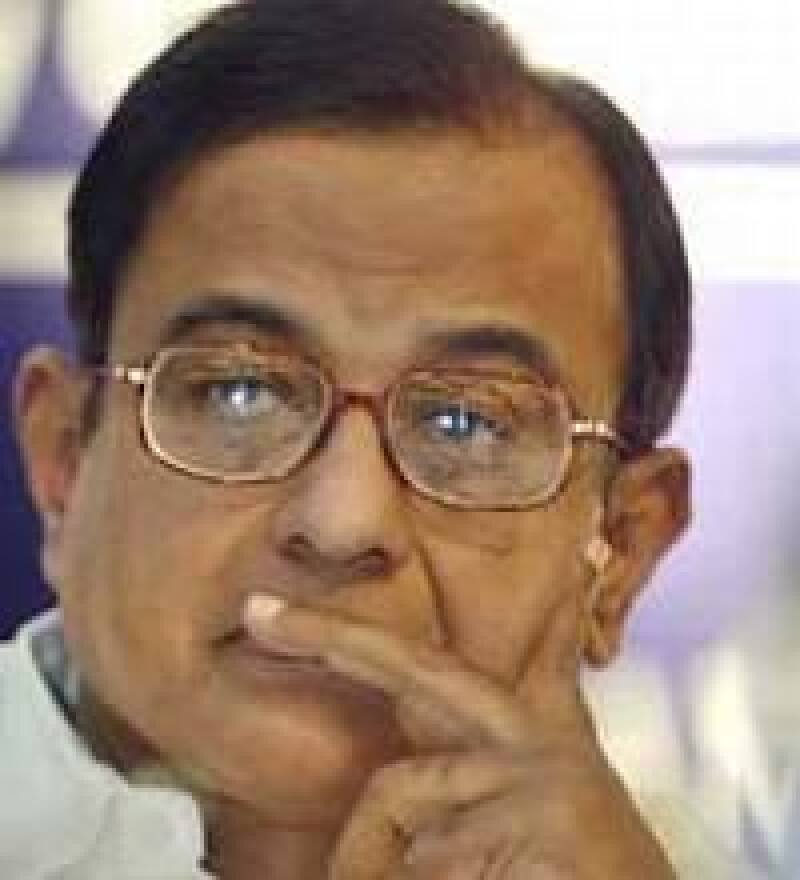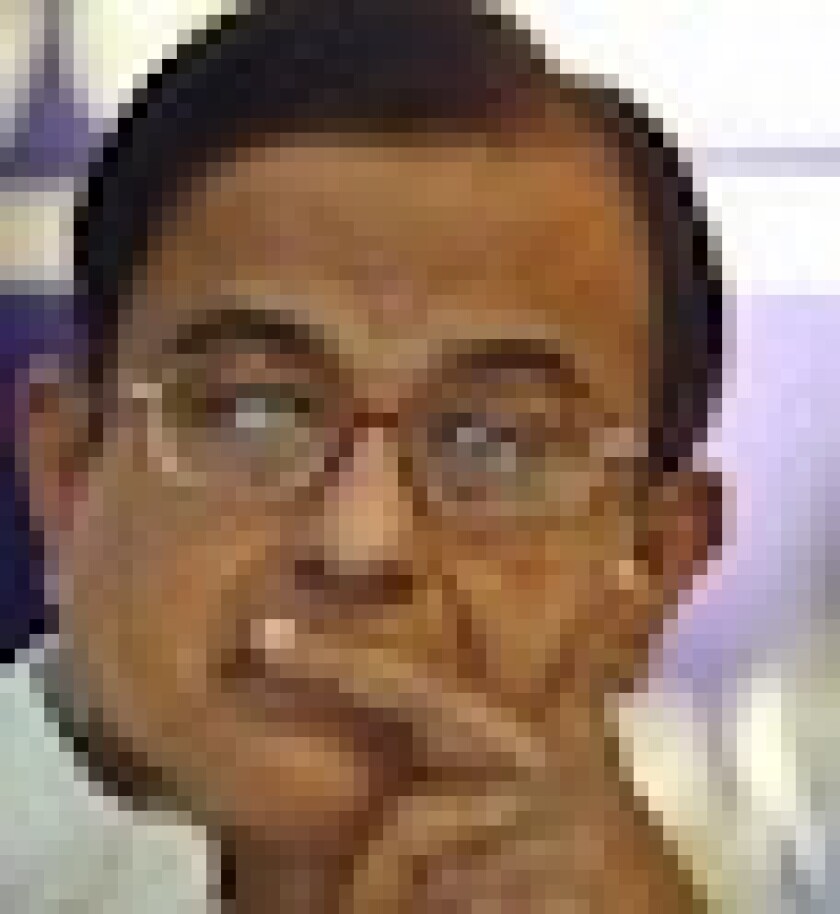Chidambaram told reporters at his first media briefing since taking over as finance minister on August 1 that his predecessor’s plans to target Vodafone-style transactions dating back to 1961 may not see the light of day. “It is true that the economy is challenged by a number of factors but it is also true that with sound policies, good governance and effective implementation, we would be able to overcome these challenges,” said Chidambaram.

The decision to introduce retroactive amendments followed the government’s January Supreme Court defeat in the much-discussed Vodafone case.
The case related to Vodafone’s 2007 purchase of a 67% stake in Hong Kong-based Hutchison’s Indian cellular unit.
Despite winning the case and avoiding a $2.5 billion tax bill, Vodafone will still be liable for tax if the amendment is passed. This prompted criticism of the government as many felt this disrespected the authority of the Supreme Court.
Chidambaram, who has twice before held the post of finance minister, said the amendment needed to be reviewed for fear of dissuading foreign investment.
“Since investment is an act of faith, we must remove any apprehension or distrust in the minds of investors,” said Chidambaram. “Clarity in tax laws, a stable tax regime, a non-adversarial tax administration, a fair mechanism for dispute resolution and an independent judiciary will provide great assurance to investors.”
This approach is quite the opposite of his predecessor, Pranab Mukherjee, who told parliament before he resigned that: “India cannot become a no-tax country... a tax haven. There cannot be a situation where somebody will make money on an asset located in India and will not pay tax either in India or the country of its origin.”
While Mukherjee denied that his comments were disrespectful or confrontational, his approach was criticised by many.
The proposed retrospective amendments will be discussed at International Tax Review's third annual India Tax Forum in Delhi on September 5 & 6.
Confirmed speakers include:
SK Mishra, Joint Secretary (Foreign Tax Division) and Competent Authority of India, Ministry of Finance;
Promila Bhardwaj, Director General of Income Tax (International Taxation & Transfer Pricing), Government of India;
Kamlesh Varshney, CIT (APA), Income Tax Department, Government of India
RN Dash, ex-Director General of Income Tax (International Taxation), Government of India;
Girish Srivastava, ex-Director General of Income Tax (International Taxation), Government of India;
Mohan Parasaran, Senior Advocate, Supreme Court of India and Additional Solicitor General of India;
Prashant Bhatnagar, head of India tax, Procter & Gamble;
R Mani, head of India tax, Tata;
Ketan Madia, vice president, taxes, GE; and
Bela Seth Mao, head of India tax, Shell.
India’s foremost tax specialists will tackle this issue and more. It is a unique opportunity to hear their views, increase your understanding of the upcoming changes and learn how best to prepare for the future.










